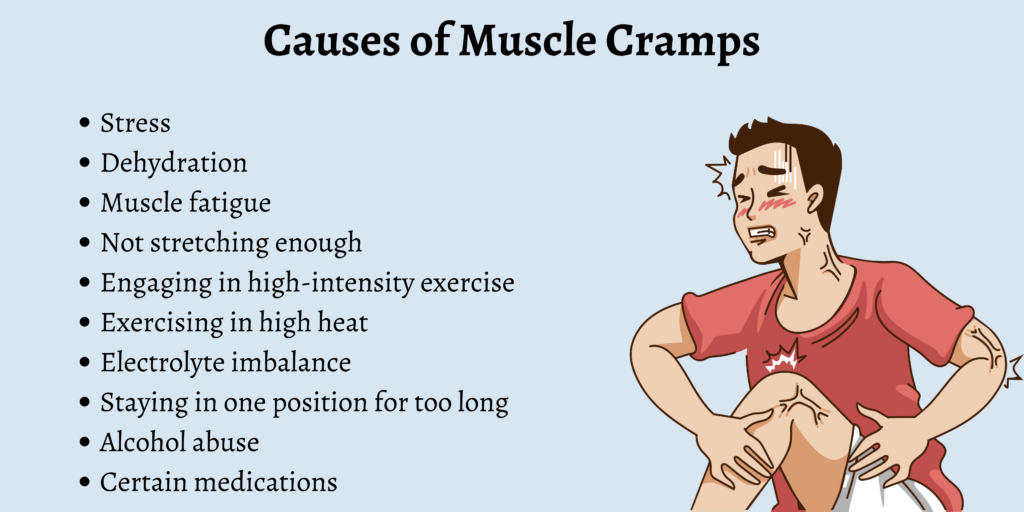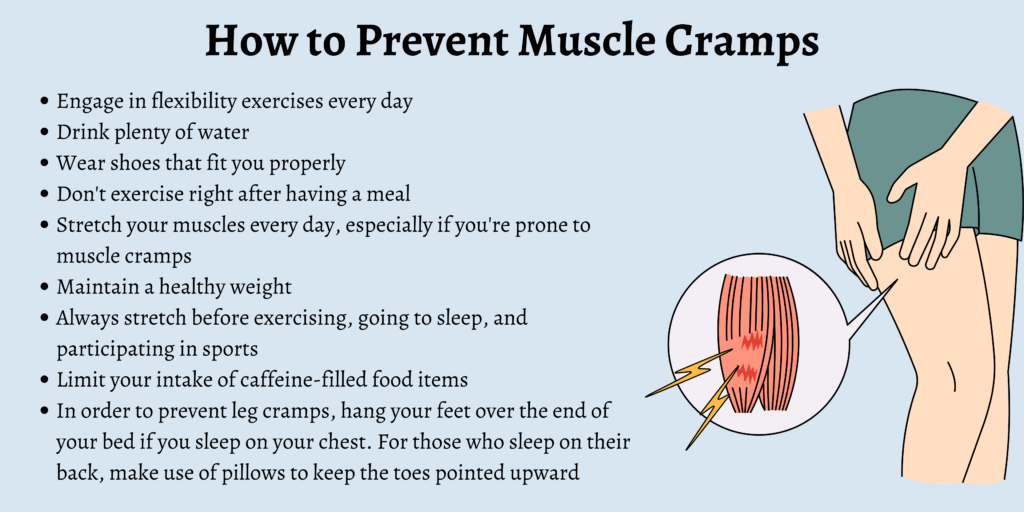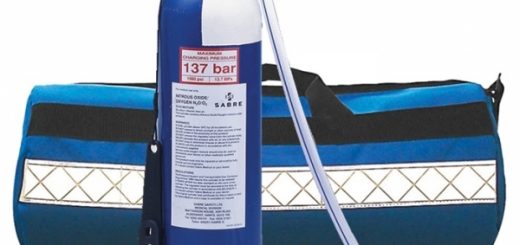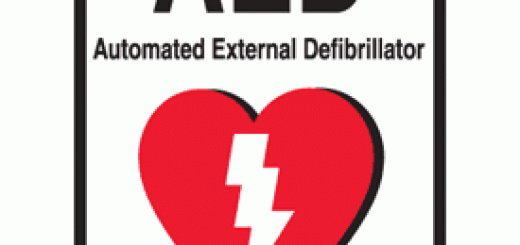First Aid for Muscle Cramps: Quick Relief Techniques
Studies say that 60% of adults experience cramps from time to time. Have you ever suddenly felt your muscle cramping out of nowhere? Chances are you have, and if that’s the case, then learning about muscle cramps is crucial so that you know how to deal with them.
A muscle cramp can be defined as a sudden, painful, and uncontrollable tightening of one or more muscles. Muscle cramps are quite common, with foot cramps and calf cramps being some of the most common types under this category. Other types of muscle cramps include:
- Arm cramps
- Back cramps
- Chest cramps
- Abdomen cramps
- Neck cramps
- Ribcage cramps
There was a period in between when I would experience muscle cramps quite frequently, which is why I decided to increase my knowledge about them so I could help myself as well as others around me.
Have you ever woken up all of a sudden with your leg cramping? In case you have, then we are here to tell you all about muscle cramps. In this article, we will be delving into the causes and symptoms of muscle cramps, the first aid for muscle cramps, and how to prevent them.
Causes of Muscle Cramps

Muscle cramps can happen to anyone at any time. Certain people are more prone to muscle cramps than others, which is something experts can’t explain. Some of the common causes associated with muscle cramps are:
- Stress.
- Dehydration.
- Muscle fatigue.
- Not stretching enough.
- Engaging in high-intensity exercise.
- Exercising in high heat.
- Electrolyte imbalance.
- Staying in one position for too long.
- Alcohol abuse.
- Certain medications.
Leg cramps at night, which are also known as nocturnal leg cramps, can occur due to:
- Not sitting properly.
- Overusing the muscles.
- Sitting for a long stretch of time.
- Working or standing on concrete floors.
Symptoms of Muscle Cramps
The symptoms of muscle cramps are:
- A sudden sensation of painful and uncontrollable spasms in the muscle.
- Muscle twitching.
- If a neurological condition causes a muscle cramp, the symptoms could include:
- Muscle pain
- Paralysis
- Coordination issues
- Vision problems
- Muscle weakness
- Numbness
- Difficulty sleeping
Treatment for Muscle Cramps
Muscle cramps mostly go away in a couple of seconds or minutes. The steps to take in order to make them go away quicker are as follows:
- Stretch the area that has been affected and massage it until the cramp goes away.
- Stand up and walk around.
- Apply heat on the area or an ice pack.
- There are certain medicines you can take to relieve muscle cramps. Ask your doctor regarding them.
When to See a Doctor
If you experience muscle cramps quite frequently, you should get it checked by your doctor. You should also see a doctor if they last for a long time or are extremely painful. The following are the other circumstances where you should see your doctor in relation to muscle cramps:
- If there are skin changes.
- If the pain is very significant.
- If there is numbness or swelling in the leg.
- If the leg cramps, wake one up at night.
How to Prevent Muscle Cramps

Muscle cramps are quite unpredictable and can happen at any time, which is why it’s pretty difficult to prevent them. One of the things to do is to limit or avoid the exercises that strain one’s muscles and lead to cramps.
Certain ways to prevent muscle cramps are:
- Engage in flexibility exercises every day.
- Drink plenty of water.
- Wear shoes that fit you properly.
- Don’t exercise right after having a meal.
- Stretch your muscles every day, especially if you’re prone to muscle cramps.
- Maintain a healthy weight.
- Always stretch before exercising, going to sleep, and participating in sports.
- Limit your intake of caffeine-filled food items.
- In order to prevent leg cramps, hang your feet over the end of your bed if you sleep on your chest. For those who sleep on their back, make use of pillows to keep the toes pointed upward.
Risk Factors
There are certain factors that increase the risk of someone experiencing a muscle cramp. These risk factors could be:
- Old age.
- Pregnancy.
- Being overweight.
- Extreme sweating.
- Not being in proper shape for a particular activity.
- Muscle fatigue.
- Muscle injury.
- Poor muscle tone.
- Inadequate diet.
- Reduced blood supply.
- Inflexible and tight muscles.
- Wearing high heels for long periods of time.
FAQs
1. What is the main cause of muscle cramps?
A muscle cramp can happen due to many reasons, such as muscle fatigue, dehydration, and poor physical condition.
2. What deficiency causes muscle cramps?
Calcium deficiency and vitamin D deficiency can often lead to muscle cramps.
3. What foods are good for muscle pain?
Some of the foods that are good for muscle pain include watermelon and watermelon juice, beet juice, pomegranate juice, and fatty fish.
4. How do you relieve muscle spasms?
A few ways to relieve muscle spasms are stretching the affected area, massaging it with a massage roller or your hands, standing up and walking around, and applying an ice pack.
Conclusion
Muscle cramps can be sudden and unpredictable, but the good thing is that they do not lead to long-lasting damage, and a person can recover from them quickly. There are also a couple of steps you can take to soothe them and prevent them from happening.
If the muscle cramps you experience are stopping you from playing sports, sleeping well, or participating in activities that you enjoy, then you should surely get in touch with your healthcare provider.





